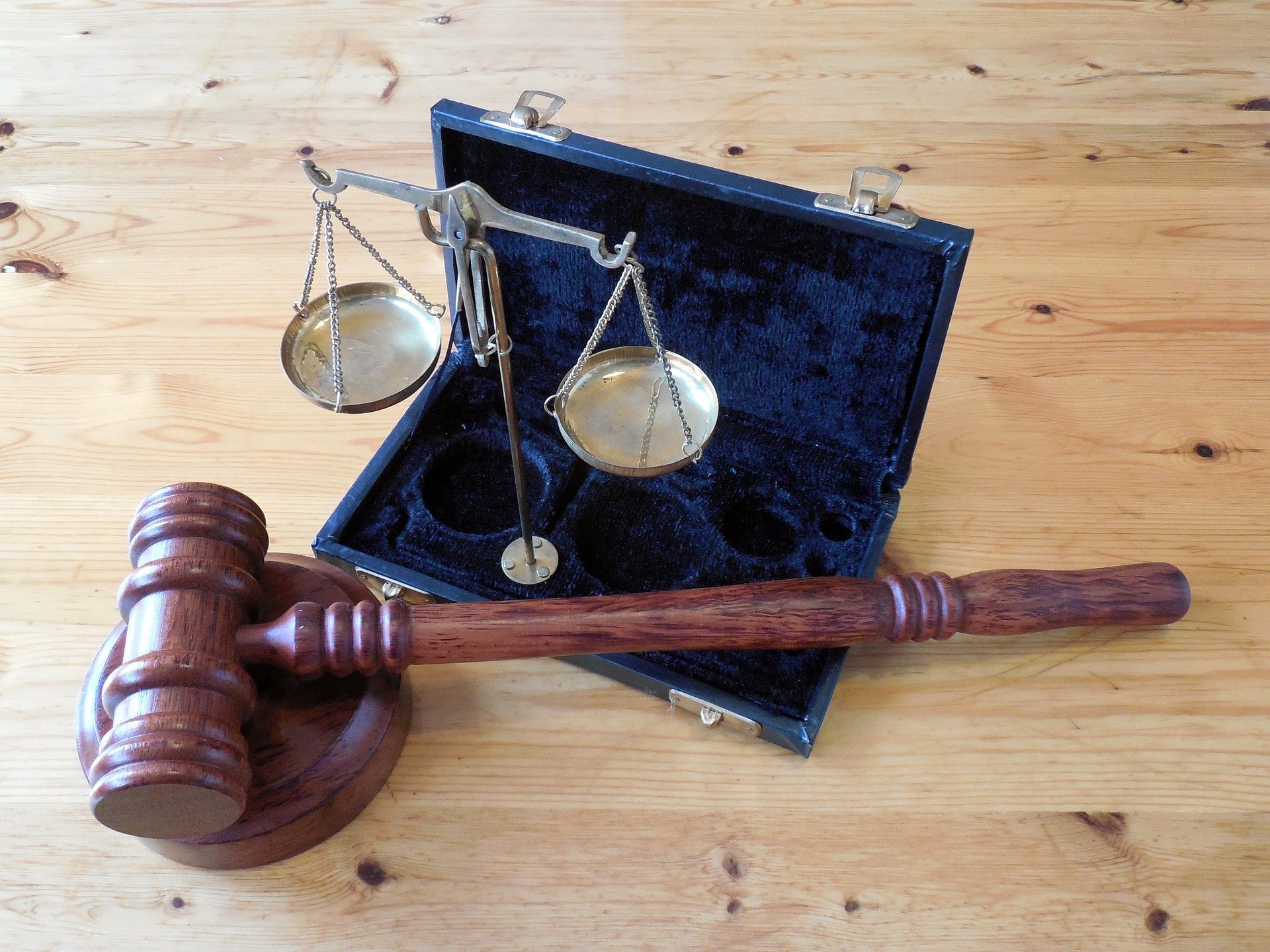What Happens If I Die Without a Will?

Dying without a Will is referred to as dying “intestate.” That means, if you die without a Will, the State of Texas has determined who will receive your assets at your death – otherwise known as your “heirs at law.” If you were married at the time of your death and had children from that marriage and no other marriage, then your surviving spouse will receive your half of the community property, one-third of your separate personal property and a one-third life estate in any separate real property. Your surviving children from the marriage will receive all of your separate real property subject to your surviving spouse’s one-third life estate and two-thirds of your separate personal property.
What if you are survived by children who are not also your surviving spouse’s children? Then the children receive your one-half community property interest – not your surviving spouse (although he retains his own one-half community property interest). This could spell disaster for a blended family, especially where the homestead is community property. Essentially your new spouse and children from a former marriage become joint owners of the property, but your surviving spouse more than likely has a homestead right in the property that would allow him to live there until he dies or abandons the property. Your children may not be able to force a sale, as joint owners may do in non-homestead real property.
Additionally, in order to prove who your heirs at law are, your loved ones will need to file a Determination of Heirship in probate court. This process involves providing fact witnesses to provide testimony to the court concerning your marital and family history. It also requires that an attorney ad litem be appointed by the court to make a finding that there are no other heirs out in the world who do not know about the probate proceedings – imagine how 23 and Me has changed this process. Once the court is satisfied that all of the heirs have been given notice of the proceedings, the judge signs a Judgment declaring the heirs of your estate. The judgment provides evidence of each heir’s share in the estate.